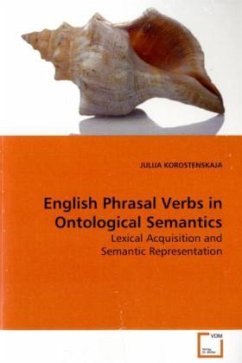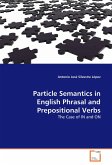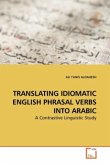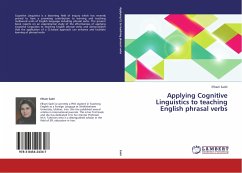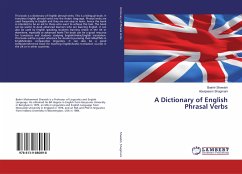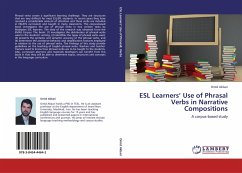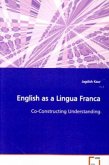The purpose of the present study is to describe and
analyze the acquisition of English Phrasal Verbs
into the Knowledge Base Acquisition Editor, a
Natural Language Processing database based on the
framework of the ontological semantics theory. The
present study is an account for both structural and
semantic diversity of phrasal verbs. By classifying
phrasal verbs into subgroups according to their
meaning and then distributing them among four basic
templates with respect to their composition and
permissible orders within the phrasal group, the
study suggests a methodology for covering a wide
variety of meanings and argues for listing not only
non-compositional, but also literal metaphorically
extended senses. The results of the acquisition are
considered in the light of the sense disambiguation
problem in computational semantics.
analyze the acquisition of English Phrasal Verbs
into the Knowledge Base Acquisition Editor, a
Natural Language Processing database based on the
framework of the ontological semantics theory. The
present study is an account for both structural and
semantic diversity of phrasal verbs. By classifying
phrasal verbs into subgroups according to their
meaning and then distributing them among four basic
templates with respect to their composition and
permissible orders within the phrasal group, the
study suggests a methodology for covering a wide
variety of meanings and argues for listing not only
non-compositional, but also literal metaphorically
extended senses. The results of the acquisition are
considered in the light of the sense disambiguation
problem in computational semantics.

